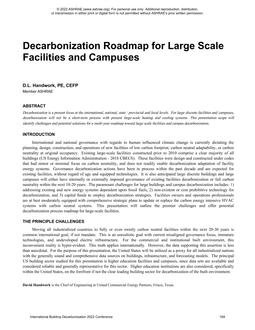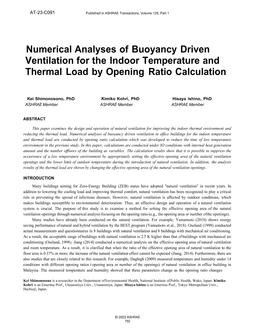
C080 — Risks Associated with Interior Low E Coating in Double-Glazed Windows
Click here to purchase
Double-glazed windows can only offer so much resistance to heat flow even when equipped with low conductivity gases, warm edge spacer, low emissivity coating on surface #2 or #3, and thermally efficient frames. Therefore, to augment their thermal resistance, the North American industry has recently adopted the approach of applying an additional low emissivity coating on the room-side of the inner pane (surface #4). By reflecting a good portion of the outgoing long-wave radiation back inside, this approach helps further reduce the heat flow. Based on the author’s experience, this solution is seen, by many, as a viable alternative to triple-glazed windows as it delivers improved thermal performance with much lower cost (manufacturing and installation). The incorporation of an additional low emissivity coating on surface #4 of a double-glazed window, will reduce the glass temperature since the interior heat is mostly reflected as opposed to absorbed. And that has raised concerns over the consequent lower window condensation resistance. The advocates of this energy efficiency measure acknowledge the reduction in glass temperature; but are of the opinion that such temperature reduction is limited to the central part of the glass; and that the perimeters of the glass, more importantly the edges, will only be minimally impacted. In their perspective, if the perimeters of a glass coated with interior Low E coating were to experience condensation, it would have done so regardless even in the absence of such coating. Supported by physics and CFD simulations, this paper looks at the impact of the interior low emissivity coating on the condensation resistance of double-glazed windows. Scenarios will be evaluated for double-glazed windows (single vs double low emissivity coating) inside a concrete and a wood-framed wall assembly. The analysis would also include a triple-glazed window. The paper underlines the importance of a holistic approach towards energy efficiency to avoid performance failures and nuisance for end users.
Product Details
- Published:
- 2022
- Number of Pages:
- 10
- Units of Measure:
- Dual
- Product Code(s):
- DBldgsXV-C080

